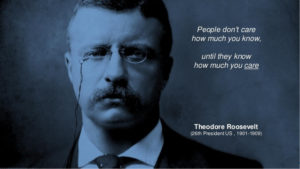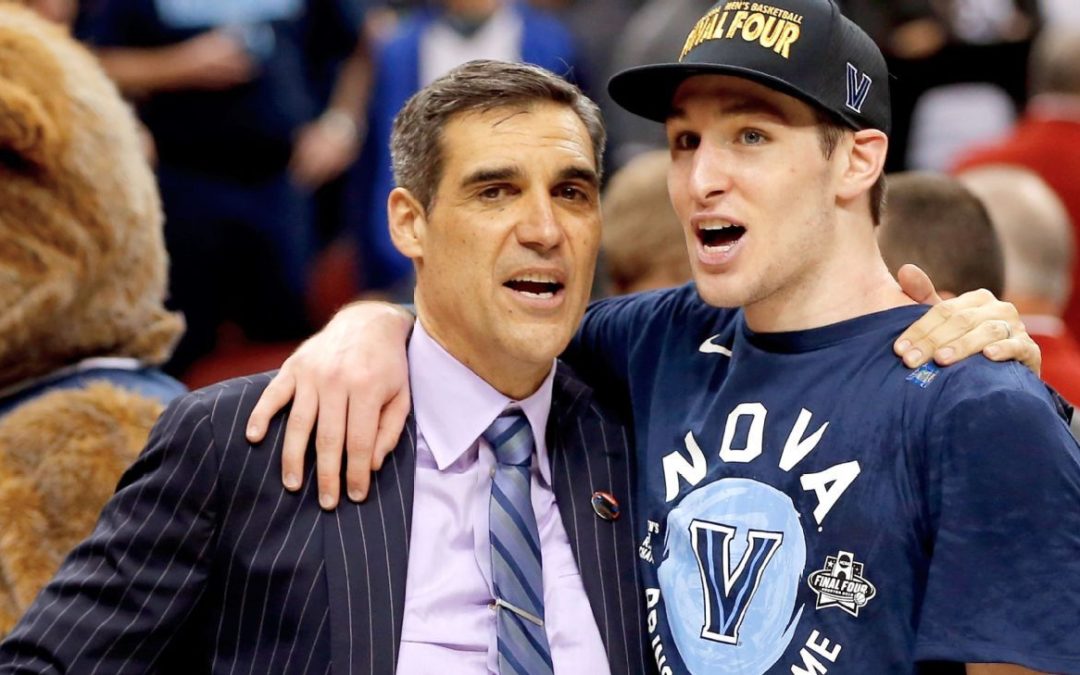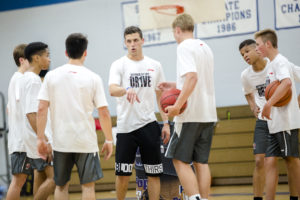Players don’t care how much you know until they know how much you care.
That is a statement that every coach needs to hear before they decide to get into the coaching or training profession. Coaches have been so fixated on the idea that they need the perfect play(s) in order to make their team successful. Trainers are fixated on the idea that they need the perfect drills in order to make their players successful. As a coach or trainer, you obviously need to have knowledge for the game, but that will not break the barrier from getting your message across to your players. The most important thing you can do before anything else, is form a relationship with the player.
Coaches have all of these X’s & O’s that they think will make themselves look good and will have the team play well. They scroll on their twitter feeds and love all the plays they find and immediately want to try it with their program. More often than not, it ends up being a complete failure. Trainers see all of these different drills on instagram and twitter, wanting to use them with their clients, and it ends up not working for those players. What is the disconnect? GET TO KNOW YOUR PLAYERS!!!
We all look up to the coaches that are the legends in our profession. Mike Krzyzewski, Tom Izzo, Geno Auriemma, Greg Popovich, etc. They all have endless knowledge for the game. They each have their own approach to the game that makes them all unique. But that’s not what makes them Hall of Fame coaches. It’s the impact they have with their respective teams off the court that resonates to their sustained success on the court. The power of forming player/coach relationships are everlasting. Coaches help turn their teenage players into adults and prepare them for what life brings after they put down the basketball.
So, where to start?
IF you’re coaching a team, meet with your players collectively and individually and get to know them off the court. Interests, hobbies, family dynamics, hardships, girlfriend, boyfriend, etc. Learn their personality. A lot of who they are off the court translates to their tendencies on the court. If they are shy, they probably won’t be your best communicator, but could be great leading by example. If they are outgoing, they are usually your best vocally and could be a potential leader for your team. Their backgrounds coming up through the game and their personality will also give you an idea of how they can be coached. Some players respond better when the coach is hard on them and some players shut down. You have to be able to coach certain players in different ways, ensuring that your teachings are getting through effectively. Finally, the closer the relationship you have with your players, the more committed they will be to your coaching and the program. When you have formed strong bonds with the players and you have created that “family” environment, anything is possible.
IF you are training players, whether it be individually, small group, or large group, take 5-10 minutes to speak to the players about something unrelated to basketball. Ask them about school, their day, their weekend, hobbies, favorite teams, anything where you can get a quick response from them. This creates a comfortable environment for them before they dive into their workout. At times, when it’s a group and you have them huddled up, create a short conversation aside from basketball that gets them to smile, laugh, converse with each other etc. Players are about to work on skills that are uncomfortable to them with players they may not know, making some of them nervous or uptight. Making it a fun, comfortable environment where they know you care for their success and not just giving them drills, they will attack the workout with a confident mindset.
In conclusion, if you don’t choose to form relationships with your players as a coach or trainer, nothing else you do will matter. There will always be that divider between you and the players when trying to effectively get your message through to them. The development of the player and the team will suffer, never reaching maximum potential. All of the X’s n O’s, the drills, the knowledge, the things you may think are important will never be without the player’s knowing you care about them. Not just as basketball players, but genuinely as people. If you are in this profession, your job is to make a positive impact on student athletes, through the game, preparing them the best you can for life with or without basketball. The legendary coaches I mentioned earlier base their success not on how many wins or how many championships they’ve earned, but by how many of their players are winning in LIFE!
The true POWER of the player and coach relationship lasts forever.



